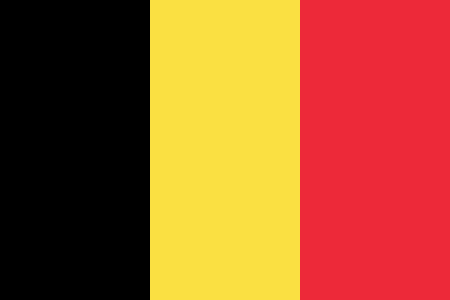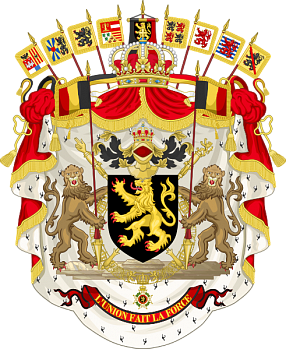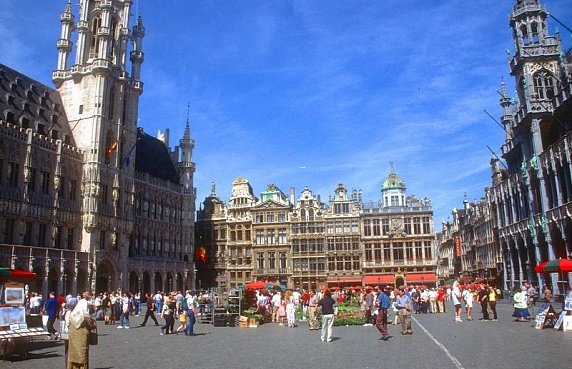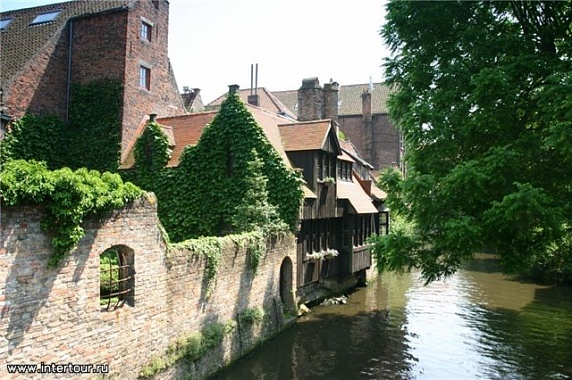 the Kingdom of Belgium
the Kingdom of Belgium
Comment by the Information and Press Department on Belgian Minister of Foreign Affairs and European Affairs Didier Reynders’ working visit to Russia
Between February 12 and 15, Deputy Prime Minister and Minister of Foreign Affairs and European Affairs of the Kingdom of Belgium Didier Reynders will pay a working visit to Russia. On February 13, he will have talks with Russian Foreign Minister Sergey Lavrov.
On February 14, Belgian Foreign Minister Didier Reynders will participate in the 11th meeting of the Joint Commission on Economic Cooperation between the Russian Federation and the Belgium-Luxembourg Economic Union. Minister Reynders is co-chairman of the commission on Belgium’s part. Deputy Prime Minister Dmitry Rogozin is co-chairman on Russia’s part and Deputy Prime Minister and Minister for Economy of Luxembourg Etienne Schneider on Luxembourg’s part.
Russia and Belgium are bound by long-time traditions of friendship and mutually beneficial cooperation. In April 2018, the two countries will mark an important anniversary, 165 years of their diplomatic relations. In 2017, Belgium organised memorial events marking the 300th anniversary of Peter the Great’s visit to the Belgian lands. A statue of Peter the Great was unveiled in Liege.
Our capitals have a common understanding of the need to strengthen the relations between Russia and Belgium in order to stimulate bilateral cooperation. This was confirmed during the Belgian Prime Minister Charles Michel’s recent visit to Moscow (January 29−31, 2018).
Didier Reynders visited Moscow in December 2014 as well as in April 2015 during Belgium’s six-month chairmanship in the Committee of Ministers of the Council of Europe. In July 2017, Sergey Lavrov visited Brussels where he had talks with Minister Reynders and was received by Prime Minister Michel.
Russia and Belgium have well-established interparliamentary contacts. In 2016, President of the Belgian Senate Christine Defraigne visited Russia twice at the invitation of Federation Council Speaker Valentina Matviyenko. Also, a representative delegation of Belgian parliament members took part in the 137th Assembly of the Inter-Parliamentary Union in October 2017 in St Petersburg.
Despite the EU sanctions and Russian counter-measures, Russia-Belgium trade and economic relations have maintained their potential. By the end of the period of January−November 2017, trade had increased by 20.1 per cent year-on-year and reached $8.9 billion; Russian exports had increased by 16.3 per cent to $6.2 billion and imports from Belgium had increased by 30.1 per cent to $2.7 billion.
Russia and Belgium have good cooperation prospects in the energy sector. In March 2015, Fluxys (Belgium) and Yamal-Trade (a Novatek-controlled sales company) signed a 20-year agreement on transshipment of up to 8 million tonnes of LNG per year and storage of large amounts of LNG at the port of Zeebrugge.
Cooperation between Solvay (Belgium) and Sibur is another example of mutually beneficial business links. The companies created a joint venture, RusVinyl, that produces polyvinyl chloride in the Kstovsky District of the Nizhny Novgorod Region, with a total scope of investment over $1 billion. In 2017, the joint venture was ranked one of the largest Russian companies for revenue.
The two countries traditionally lay much emphasis on cultural and humanitarian cooperation, which is based on the Cultural Cooperation Agreement of October 25, 1956. Under the agreement, once every two or three years Russia and Belgium approve cooperation programmes between the Russian Federation and the communities of Belgium.
Intensive contacts continue between museums and art galleries, including direct exchanges of exhibits between museum and private collections. Several projects are planned for 2018 involving Belgium’s Royal Museums of Fine Arts, Russia’s Pushkin Museum, the Tretyakov Gallery and the Hermitage Museum.
Regular contacts are established in education and youth exchanges. Last June, Belgium’s first centre of language teaching, testing and assistance in migration policy opened in Antwerp. It will help Russian-speaking citizens of the country to obtain an official certificate proving their command of Russian and help foreigners to expedite the employment or Russian university enrollment procedure.








